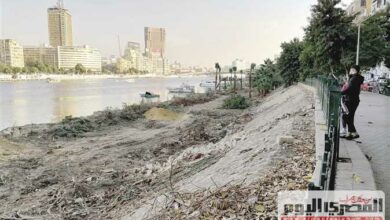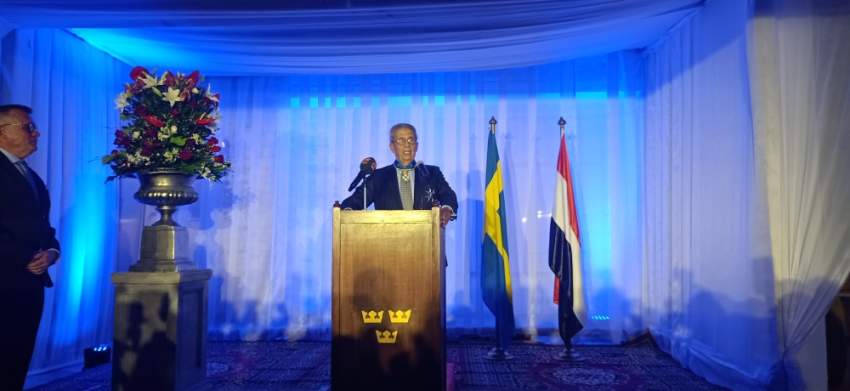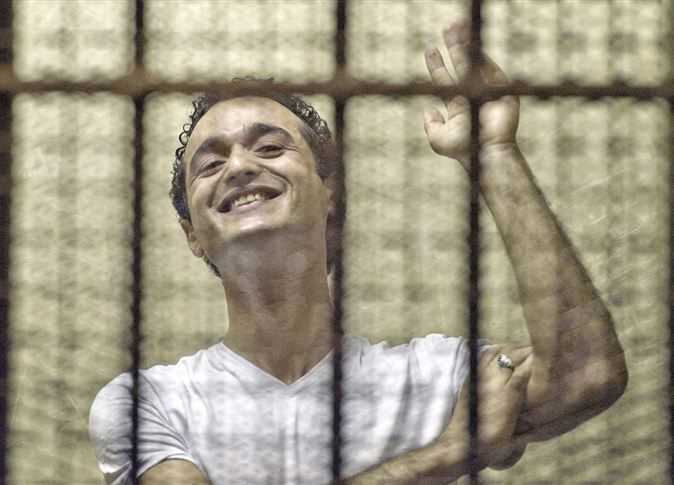A less exciting and diverse presidential race with no front-runner has emerged after the Presidential Elections Commission disqualified the Muslim Brotherhood’s Khairat al-Shater, former spy chief Omar Suleiman and popular Salafi leader Hazem Salah Abu Ismail.
But for many, this opens the playing field for former Muslim Brotherhood leader Abdel Moneim Aboul Fotouh and former Arab League Secretary General Amr Moussa.
Between the two remaining strong candidates, experts say Moussa has the advantage after his main competitors were excluded.
“I can hear Amr Moussa laughing all the way to clubhouse in Katameya Heights,” wrote Steven Cook, a senior fellow for Middle Eastern Studies at the Council on Foreign Relations, on his Twitter account Saturday.
Political expert Mostafa Kamel al-Sayed says that most Egyptians want a president that has previously served in government and has extensive political experience, name recognition and moderate views.
After Suleiman’s disqualification, this description fits Moussa and former Prime Minister Ahmed Shafiq.
With Shafiq’s many unimpressive media appearances and the tainting of his record by serving as Hosni Mubarak’s last Prime Minister, when he was appointed in the early days of the 2011 uprising, Sayed says that he is no competition for Moussa.
“Because of his background as a diplomat, Moussa was trained in the art of giving statements that don’t necessarily mean much but save his image,” says Sayed.
Abouel Fotouh, who is popular among revolutionaries and the educated classes but lacks Moussa’s popularity among the masses, also stands to gain additional votes from the disqualifications, says Sayed, but not as much as Moussa.
A recent poll by the Al-Ahram Center for Political and Strategic Studies showed that Moussa has much more name recognition in poorer areas, and Abouel Fotouh would take the highest percentage of Abu Ismail’s votes in case of his disqualification, followed by Moussa.
Islamists in both the moderate Muslim Brotherhood and the more radical Salafi groups are debating which Islamist candidate to back in the absence of Ismail and Shater. Abouel Fotouh is on the table, but not without competition.
Within the Brotherhood, the nomination of Freedom and Justice Party President Mohamed Morsy as a back up plan for Shater will determine the their constituency’s vote. However, the party is still discussing whether Morsy will contest in the race in the end, according to media reports on Monday.
At any rate, Sayed says that even though he is also the Muslim Brotherhood’s candidate, Morsy will not replace Shater in the list of front-runners because Egyptians will vote for individuals – not affiliations – in the presidential election.
But for Sayed, Moussa’s comparative advantage is his ability to negotiate with the two strongholds of the country: the generals and the Brothers.
“Amr Moussa has a competitive advantage: he is not an adversary to the Islamists nor the military he will be able to mediate [between],” he says.
Abouel Fotouh however, has been highly critical of the ruling military council, positioning himself as the candidate of the revolutionaries, in contrast to Moussa who always reacted to events diplomatically.
His relationship with the Muslim Brotherhood is also problematic, exemplified by the group’s insistence not to endorse his candidacy. After Abouel Fotouh announced his bid for presidency, the group, which had not yet reversed its decision not to field a presidential candidate, expelled him.
Most disqualified candidates are appealing the decision and the final list of candidates will be announced later this month. But, for many observers, these developments all but put the race in Moussa’s favor.




